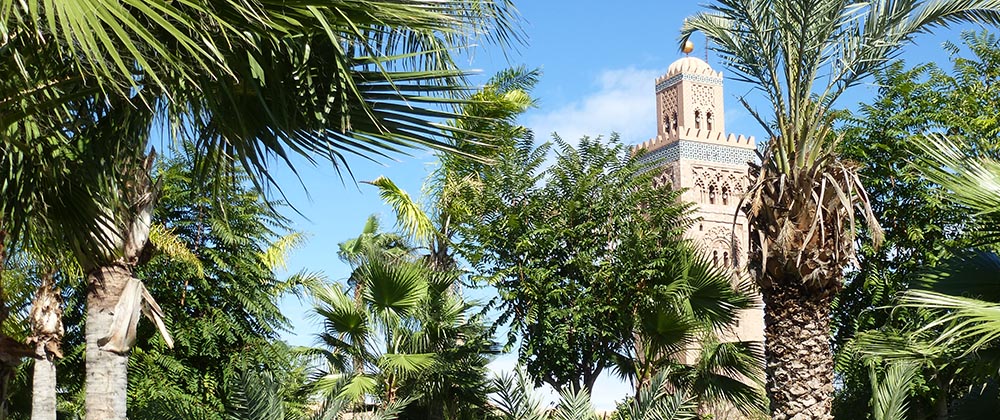 For several years now I have been trying to learn Arabic. I have attended VHS courses, tried Skype lessons, struggled with online courses and took Arabic lessons with a loony private teachers. Not much has come out of it. That’s why I didn’t want to deal with the language on my trip to Morocco. But once again everything turned out differently than I thought…
For several years now I have been trying to learn Arabic. I have attended VHS courses, tried Skype lessons, struggled with online courses and took Arabic lessons with a loony private teachers. Not much has come out of it. That’s why I didn’t want to deal with the language on my trip to Morocco. But once again everything turned out differently than I thought…
About three weeks ago I was at the point where I wanted to give up Arabic and sell the textbooks and the other stuff on e-bay. I had already canceled my course at the Community College because I couldn’t cope with the highly praised Langenscheidt textbook and couldn’t keep up in class. I had the impression that I was standing still and that the language was not accessible to me for some reason. My motivation had completely gone down the drain after dozens of futile attempts.
Gifted Moroccan teacher
During my trip to Morocco I did not want to burden myself with Arabic any more. French is unofficially spoken almost everywhere here… so why make an extra effort? And in addition, about 90 percent of Moroccans speak an Arabic dialect, called Darija, which belongs to Maghrebian Arabic and is very different from other Arabic dialects as well Standard Arabic taught to foreign students. One should learn Darija if one often goes to Morocco or lives there. There are still different Berber languages, for example Mazirian (Tamazight), Ghomara, Tarifit or Taschelhit, which are spoken by more than half of the Moroccans. Mazirian is even Morocco’s second official language after Arabic (not French). In the north, in the Western Sahara and around Sidi Ifni, many inhabitants also speak Spanish. In the meantime, more and more Moroccans learn English.
With my average French I can get by smoothly almost everywhere. If the conversation gets stuck, I speak English or Spanish. Something usually fits. Just around the corner from us there is even a big „Institut Français“: very cool – you can watch French films there (for free), go to exhibitions and – if you have more time – take French courses. I saw some French documentaries in the institute that were very impressive, for example „Les Guerrières de la Paix“, which is about the Israeli-Palestinian peace movement „Women Wage Peace“.
Arabic in a nutshell
But how did I get back to Arabic? Chance had a hand in that: First I happen to walk past a cultural institute and see that an Arabic teacher is offering courses. Then on the same day a French woman in a restaurant tells me that she has a good friend in Essaouira who is a teacher. I meet both teachers: The teacher at the institute teaches Darija according to her own method and only speaks French. That would have been a bit too much for me in the long run. The second teacher has a leather shop in the medina. The children love Baddredine and like to come to his shop to let him help them with their homework. I like him immediately. And we can have our lessons in English and French, which I prefer anyway.
Baddredine is the first private Arabic teacher who doesn’t ask me at the beginning of every lesson, „What do you want to do today?“ On the contrary: he has a plan, because he wants to give me the tools to continue working in Germany. He’s trying very hard and is always well prepared. It’s really fun, even though he’s a strict teacher. But I also want to learn something. And I am glad that he has motivated me to continue with the beautiful language.